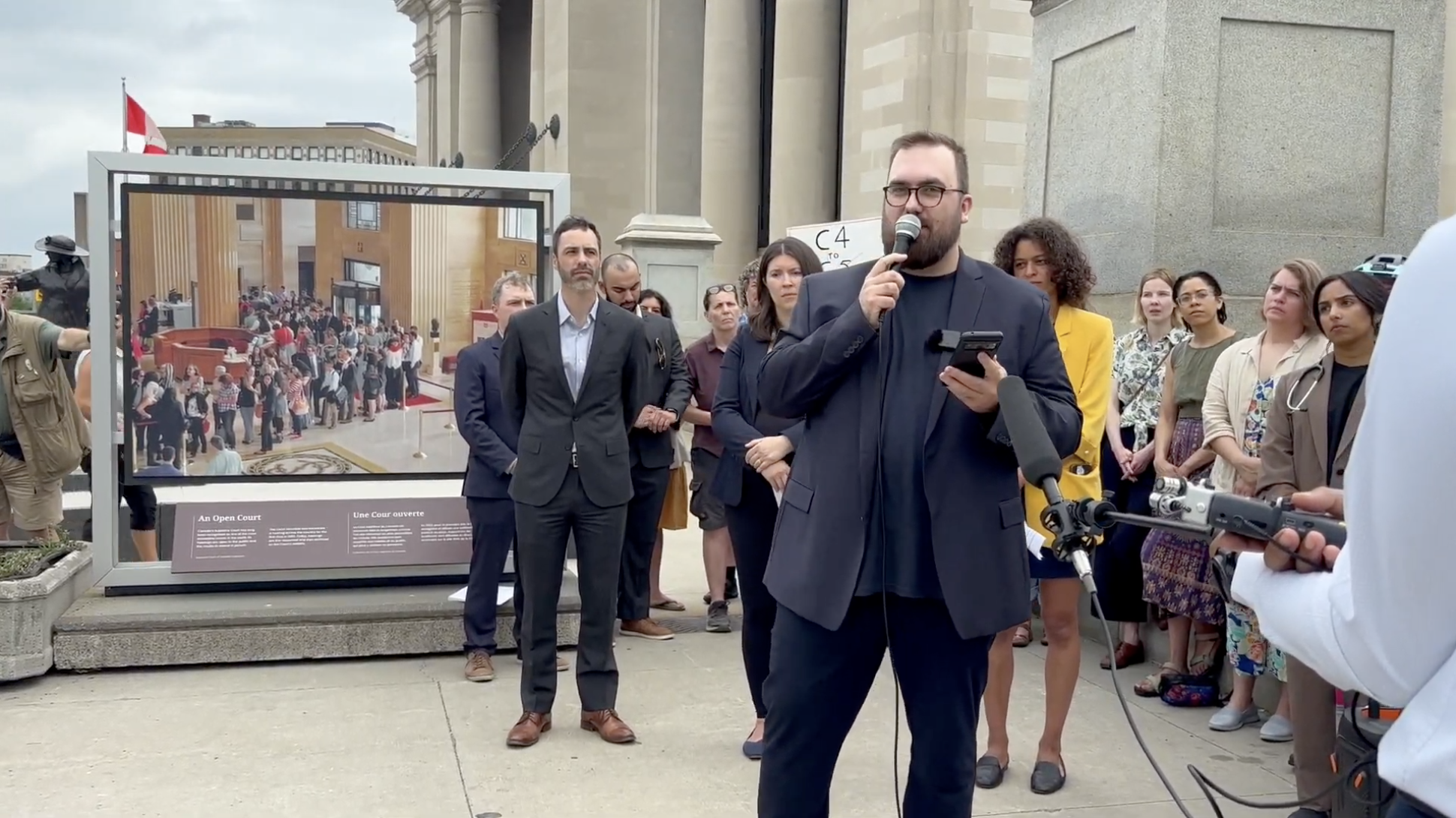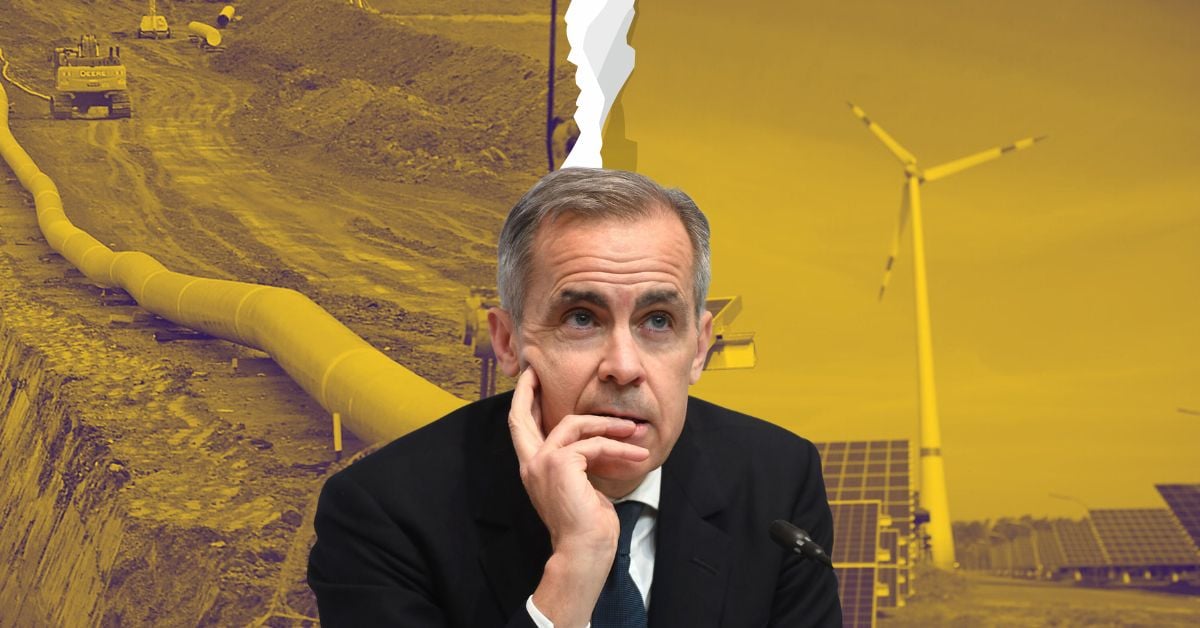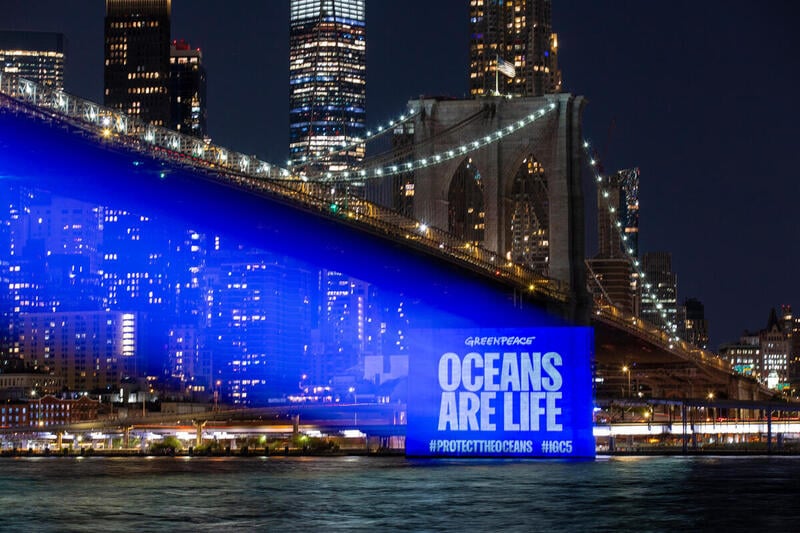OTTAWA – Late on Monday night, the fourth session of the Intergovernmental Negotiating Committee (INC-4) for a Global Plastics Treaty ended with world governments failing to agree on the inclusion of any reference to plastic production or polymers in intersessional work, despite strong support by various countries, scientists and civil society groups. While Canada supported in principle a proposal from Rwanda to add a reduction of production in the intersessional work, the country and various other high ambition coalition governments did not push for it in the final plenary, resulting in a compromised outcome.
Sarah King, Head of Plastics & Oceans at Greenpeace Canada and member of Greenpeace delegation at INC-4, said:
“As host country, Canada failed to ensure INC-4 wrapped up with a clear path towards securing a Global Plastics Treaty that ends plastic pollution at the point it begins: production. The weak deal agreed in Ottawa put the industry interests first, doesn’t reflect what Minister Guilbeault’s government has committed to publicly, and raises concerns about Canada’s willingness to compromise on the ambition needed to solve the plastic crisis. As we look ahead to INC-5 in Korea, the lessons learned by Canada should be to stand alongside high ambition countries championing strong measures that the public wants, scientists are calling for, and the world desperately needs.”
Graham Forbes, Greenpeace Head of Delegation to the Global Plastics Treaty negotiations and Global Plastics Campaign Lead at Greenpeace USA, said:
“The world is burning and member states are wasting time and opportunity. We saw some progress, aided by the continued efforts of states such as Rwanda, Peru, and the signatories of the Bridge to Busan declaration in pushing to reduce plastic production. However, compromises were made on the outcome which disregarded plastic production cuts further distancing us from reaching a treaty that science requires and justice demands. People are being harmed by plastic production every day, but states are listening more closely to petrochemical lobbyists than health scientists. Any child can see that we cannot solve the plastic crisis unless we stop making so much plastic. The entire world is watching, and if countries, particularly in the so-called ‘High Ambition Coalition’, don’t act between now and INC5 in Busan, the treaty they are likely to get is one that could have been written by ExxonMobil and their acolytes.
“We are heading towards disaster and with time running out – we need a Global Plastics Treaty that cuts plastic production and ends single-use plastic. There is no time to waste on approaches that will not solve the problem.”
ENDS
Notes to editor:
On Sunday, Greenpeace Canada hung a banner on the Mackenzie King Bridge right next to the Shaw Center, where world delegations were gathered this week to negotiate a Global Plastics Treaty. Last week, Greenpeace Canada also delivered a “Global Plastics Factory” to the doorstep of the Shaw Center, calling on global delegates to cut plastic production, which ended with the arrest of one peaceful activist.
A recent analysis showed that 196 lobbyists from the fossil fuel and chemical industry are registered for the plastics treaty talks in Ottawa, which represents a 37% increase since INC-3. Research commissioned in 2024 by Greenpeace Canada found that lobbying of the Canadian government spiked in advance of and during previous Plastics Treaty negotiations. The growth in plastics lobbying is mainly attributable to three actors: Dow Chemical, Imperial Oil, and the Chemistry Industry Association of Canada who are also among the registered lobbyists at INC-4.
For more information, please contact:
Laura Bergamo, Head of Media, Greenpeace Canada
[email protected] ; +1 438 928-5237



